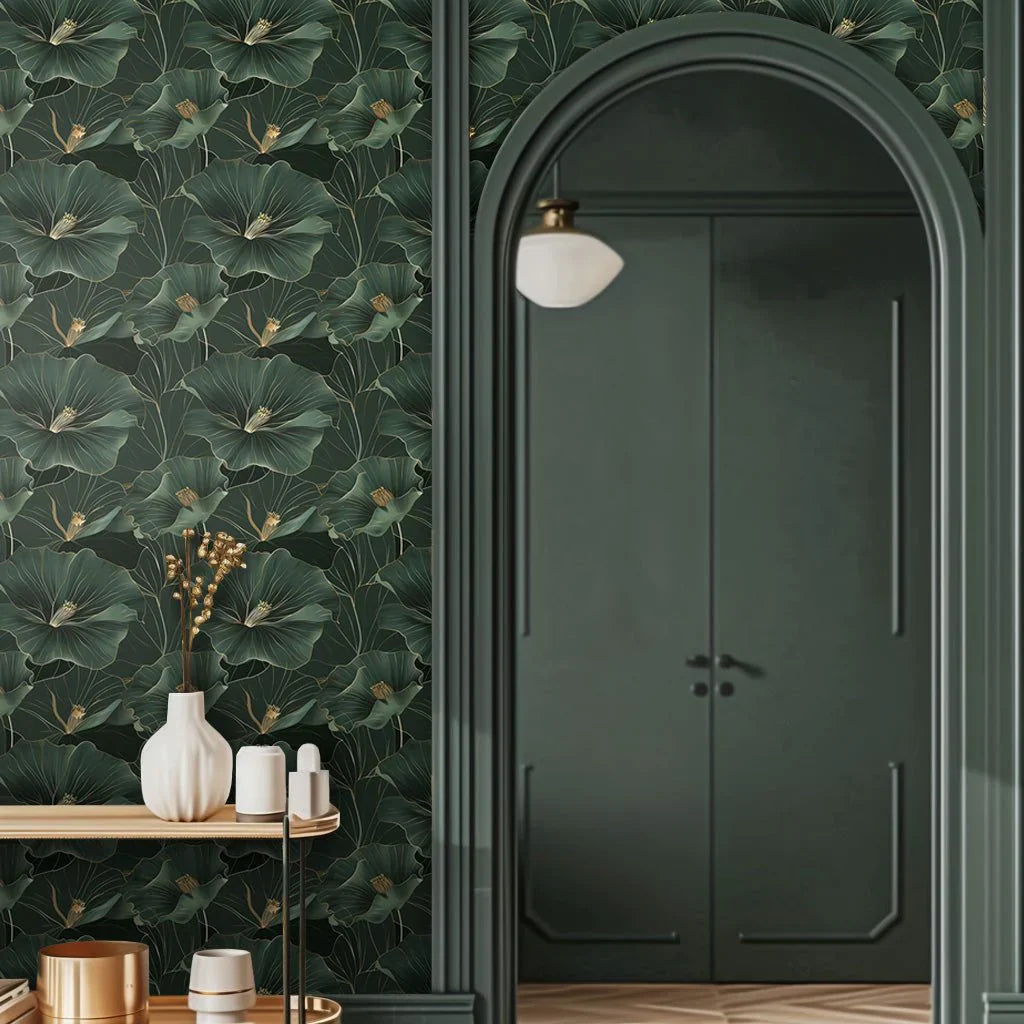
Grasscloth vs Vinyl Wallcoverings
Share
Grasscloth Wallcoverings
-
Material & Look: Made from natural fibers like jute, hemp, seagrass, or arrowroot, handwoven and applied to a paper backing. Every panel is unique, with subtle variations in color and texture—giving walls a warm, organic, and artisanal feel.
-
Pros: Adds depth, texture, and luxury; eco-friendly; timeless, bespoke look.
-
Cons: Not durable against moisture, stains, or heavy cleaning. Seams are visible and fading can occur with sunlight. Best suited for low-traffic, dry areas (like bedrooms, dining rooms, or studies).
Vinyl Wallcoverings
-
Material & Look: Made from synthetic vinyl on a backing (paper, fabric, or non-woven). It can imitate almost anything—paint, stone, grasscloth itself, or other patterns. Smooth or textured finishes are available.
-
Pros: Highly durable, washable, stain- and moisture-resistant. Ideal for high-traffic areas like kitchens, bathrooms, and hallways. More budget-friendly and easier to install.
-
Cons: Less natural and artisan in feel; doesn’t have the same warmth or “one-of-a-kind” character as grasscloth.
